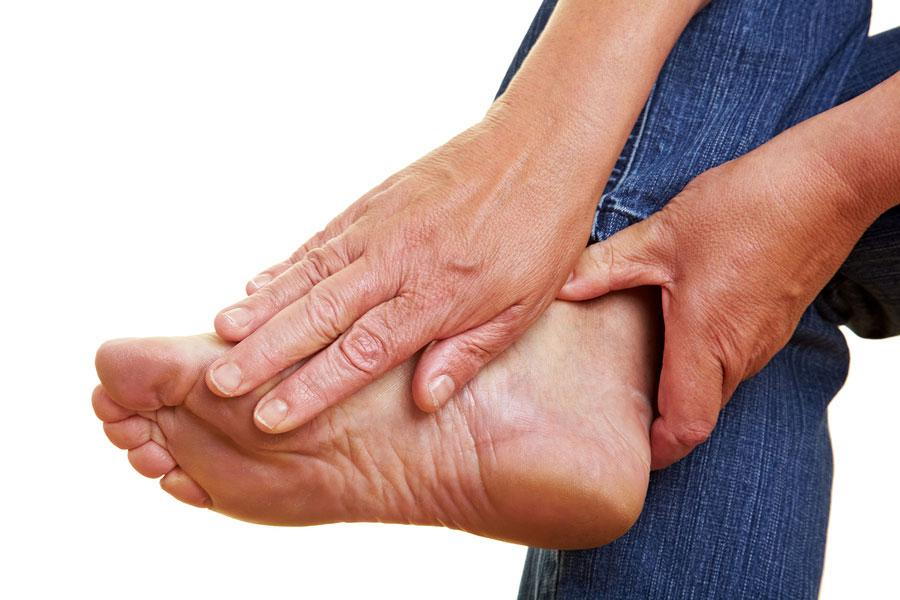Discover what your Philadelphia podiatrists can do to alleviate your neuropathy symptoms
Painful neuropathy can affect the quality of your life and make walking or standing more difficult. Your podiatrists at The Foot and Ankle  Group in Philadelphia, PA share some information about neuropathy and treatment options.
Group in Philadelphia, PA share some information about neuropathy and treatment options.
What is neuropathy?
Neuropathy occurs when your nerves become damaged due to diabetes, exposure to toxins or genetic disorders. In some cases, the cause of neuropathy isn't known.
What are the symptoms of neuropathy?
Neuropathy frequently affects the fingers and toes, but pain and other symptoms can travel to your arms and legs. If you have neuropathy in your feet, you may notice:
- Pain that tends to worsen at night. (Pain can be so severe that you can't even stand to put a sheet over your feet and legs.)
- A pins and needles sensation
- Tingling
- Numbness
- Burning pain
- Itching
- Electrical shock sensations
- A change in your gait
- Muscle cramps
- Twitching
- Dry skin
- Muscle weakness
- Hot or cold feet
- Swelling in your feet and ankles
How is neuropathy treated?
Over-the-counter and prescription pain relievers can be helpful in relieving neuropathy pain. You may also notice some improvement if you use prescription lidocaine patches or apply over-the-counter capsaicin cream to your feet and legs. Capsaicin cream gradually decreases sensitivity to pain, although it can increase pain initially.
Your Philadelphia foot doctor may recommend other medications to treat your symptoms.
Transcutaneous electrical nerve stimulation (TENS) treatments are another neuropathy treatment option. Treatments involve applying a low-voltage electrical current to your body to prevent pain signals from reaching your brain. If your neuropathy causes muscle weakness, your doctor may recommend physical therapy sessions.
Improve your neuropathy pain with podiatric treatment! Call your podiatrists at The Foot and Ankle Group in Philadelphia, PA at (215) 332-5300 to schedule an appointment to discuss your symptoms.

